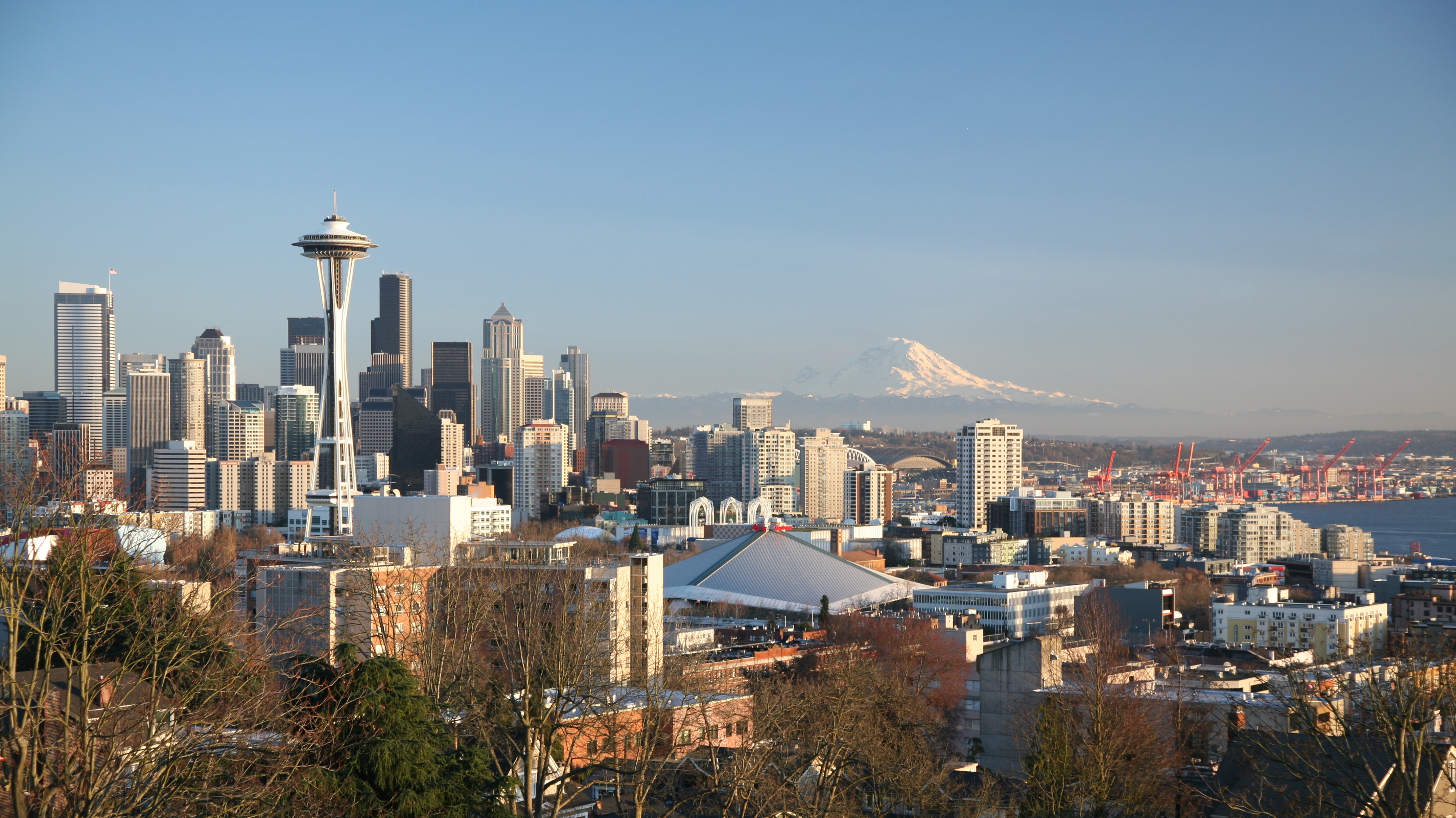Seattle Tesla FSW is an intriguing topic that captures the essence of innovation in sustainable transportation. As cities around the world grapple with the challenges of climate change and urban congestion, electric vehicles (EVs) have emerged as a viable solution. In Seattle, Tesla has become synonymous with the electric vehicle movement, particularly with its Full Self-Driving (FSW) capabilities that promise to revolutionize how we perceive transportation. This article will delve into the various aspects of Seattle's Tesla FSW, examining its features, benefits, and the impact it has on both the local community and the environment.
The city of Seattle is known for its commitment to sustainability, and Tesla's presence has only amplified this mission. With an increasing number of residents opting for electric vehicles, the demand for advanced technologies like Tesla's FSW is on the rise. This shift not only represents a change in consumer behavior but also signifies a broader trend toward a more sustainable future. In this article, we will explore the features of Tesla's Full Self-Driving technology, its implications for urban mobility, and how it aligns with Seattle's green initiatives.
Furthermore, we will look at real-world experiences from Tesla users in Seattle, providing insights into the benefits and challenges of owning a Tesla vehicle equipped with FSW. The discussions will be supported by data and statistics to give a comprehensive overview of the current landscape of electric vehicles in Seattle. Join us as we embark on this journey to understand how Seattle Tesla FSW is paving the way for a more sustainable and efficient transportation system.
- Table of Contents
- Biographical Overview
- Features of Tesla FSW
- Benefits of Tesla FSW in Seattle
- Challenges Facing Tesla FSW
- Impact on Local Community
- Environmental Impact
- The Future of Transportation in Seattle
- Conclusion
Biographical Overview
Tesla, Inc. is an American electric vehicle and clean energy company founded in 2003, headquartered in Palo Alto, California. The company was named after Nikola Tesla, the inventor and electrical engineer. With a vision to accelerate the world's transition to sustainable energy, Tesla has made significant strides in the EV market.
| Data Personal | Details |
|---|---|
| Founded | 2003 |
| Founder | Elon Musk, JB Straubel, Martin Eberhard, Marc Tarpenning, Ian Wright |
| Headquarters | Palo Alto, California |
| Key Products | Electric Vehicles, Solar Products, Energy Storage |
| Website | www.tesla.com |
Features of Tesla FSW
Tesla's Full Self-Driving (FSW) capabilities are among the most advanced in the automotive industry. Here are some notable features:
- Autopilot: Tesla's Autopilot system allows for semi-autonomous driving, enabling the car to steer, accelerate, and brake automatically within its lane.
- Navigate on Autopilot: This feature allows the vehicle to navigate interchanges and take exits on highways.
- Auto Lane Change: Tesla can automatically change lanes when the driver initiates the turn signal.
- Summon: This feature allows the vehicle to navigate itself in and out of parking spaces.
- Traffic Light and Stop Sign Control: The system can recognize and respond to traffic lights and stop signs.
Benefits of Tesla FSW in Seattle
Seattle residents enjoy several benefits from adopting Tesla's Full Self-Driving technology:
- Reduced Traffic Congestion: With FSW, vehicles can communicate with each other, potentially reducing traffic jams.
- Increased Safety: Tesla's FSW is designed to minimize human error, which is a leading cause of accidents.
- Environmental Benefits: By transitioning to electric vehicles, Seattle can reduce its carbon footprint.
- Cost Savings: Electric vehicles generally have lower operating costs compared to traditional gasoline vehicles.
Challenges Facing Tesla FSW
Despite the benefits, there are challenges that come with Tesla's Full Self-Driving technology:
- Regulatory Hurdles: The legal framework surrounding autonomous vehicles is still evolving.
- Public Perception: There is a degree of skepticism regarding the safety and reliability of FSW technology.
- Technical Limitations: While Tesla's FSW is advanced, it is not infallible and requires human oversight.
Impact on Local Community
The introduction of Tesla FSW technology has had a significant impact on the Seattle community:
- Job Creation: The demand for electric vehicles and charging stations has led to new job opportunities in the region.
- Community Engagement: Tesla owners often participate in local events, promoting awareness about sustainable transportation.
- Infrastructure Development: The growth of electric vehicles has prompted investments in charging infrastructure throughout the city.
Environmental Impact
Seattle's commitment to sustainability is reflected in the environmental benefits of Tesla's FSW:
- Reduction in Greenhouse Gas Emissions: By using electric vehicles, Seattle can significantly lower its greenhouse gas emissions.
- Promotion of Renewable Energy: Tesla's vehicles can be charged using renewable energy sources, further reducing their environmental impact.
- Noise Pollution Reduction: Electric vehicles operate more quietly than traditional vehicles, contributing to lower noise pollution levels in urban areas.
The Future of Transportation in Seattle
The future of transportation in Seattle looks promising with the integration of Tesla's Full Self-Driving technology:
- Smart City Initiatives: Seattle is exploring smart city solutions that integrate technology for better urban mobility.
- Increased EV Adoption: As more residents recognize the benefits of electric vehicles, their adoption is expected to rise.
- Collaboration with Local Government: Tesla is working with local government to create policies that support the growth of electric vehicle infrastructure.
Conclusion
In conclusion, Seattle Tesla FSW represents a significant step toward sustainable urban transportation. With its advanced features, numerous benefits, and positive environmental impact, Tesla's Full Self-Driving technology is poised to reshape how residents navigate their city. As challenges remain, the continued collaboration between Tesla, local communities, and government agencies is essential for realizing a greener future.
We encourage readers to share their thoughts in the comments below and engage with others interested in sustainable transportation. For more information on electric vehicles and sustainability initiatives, feel free to explore our other articles!
Thank you for reading, and we look forward to seeing you back on our site for more insights into the world of electric vehicles and innovative technologies.


